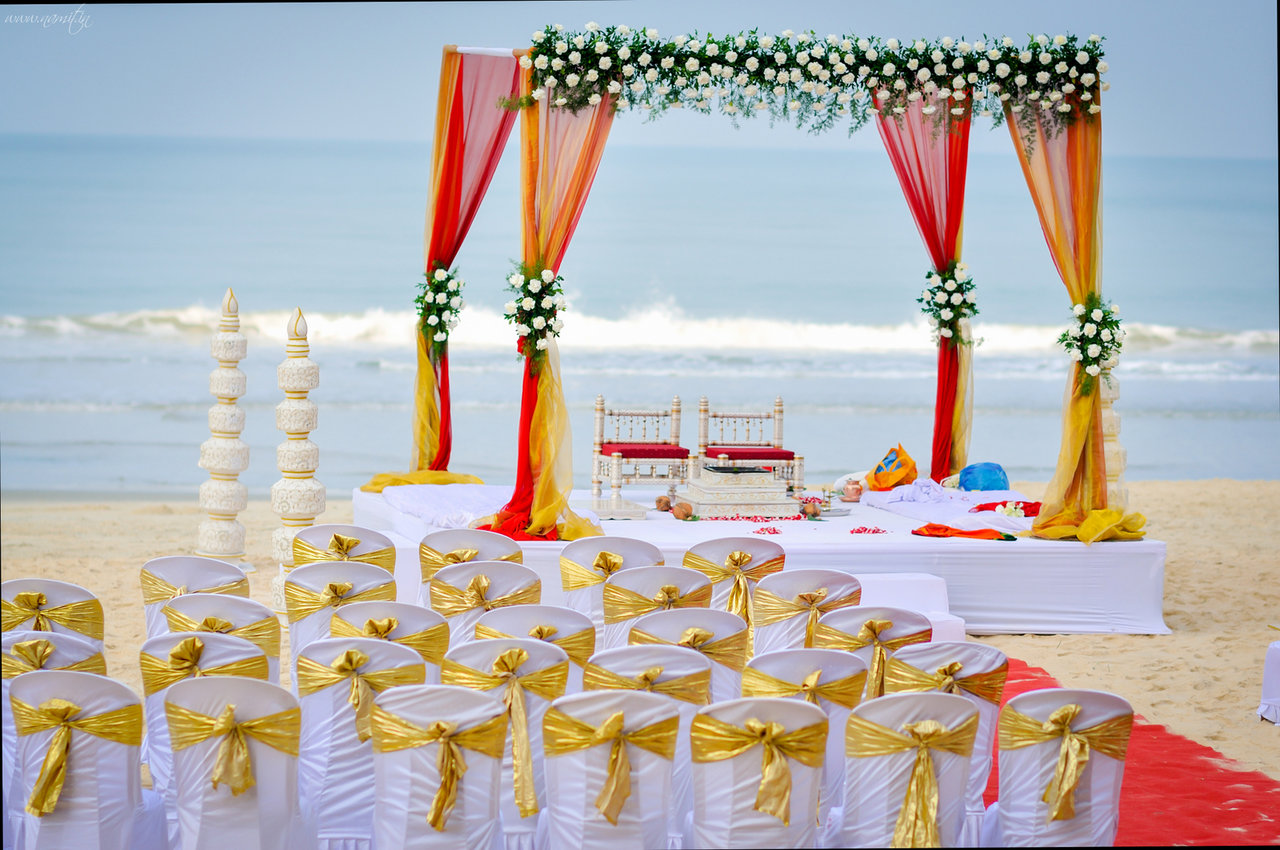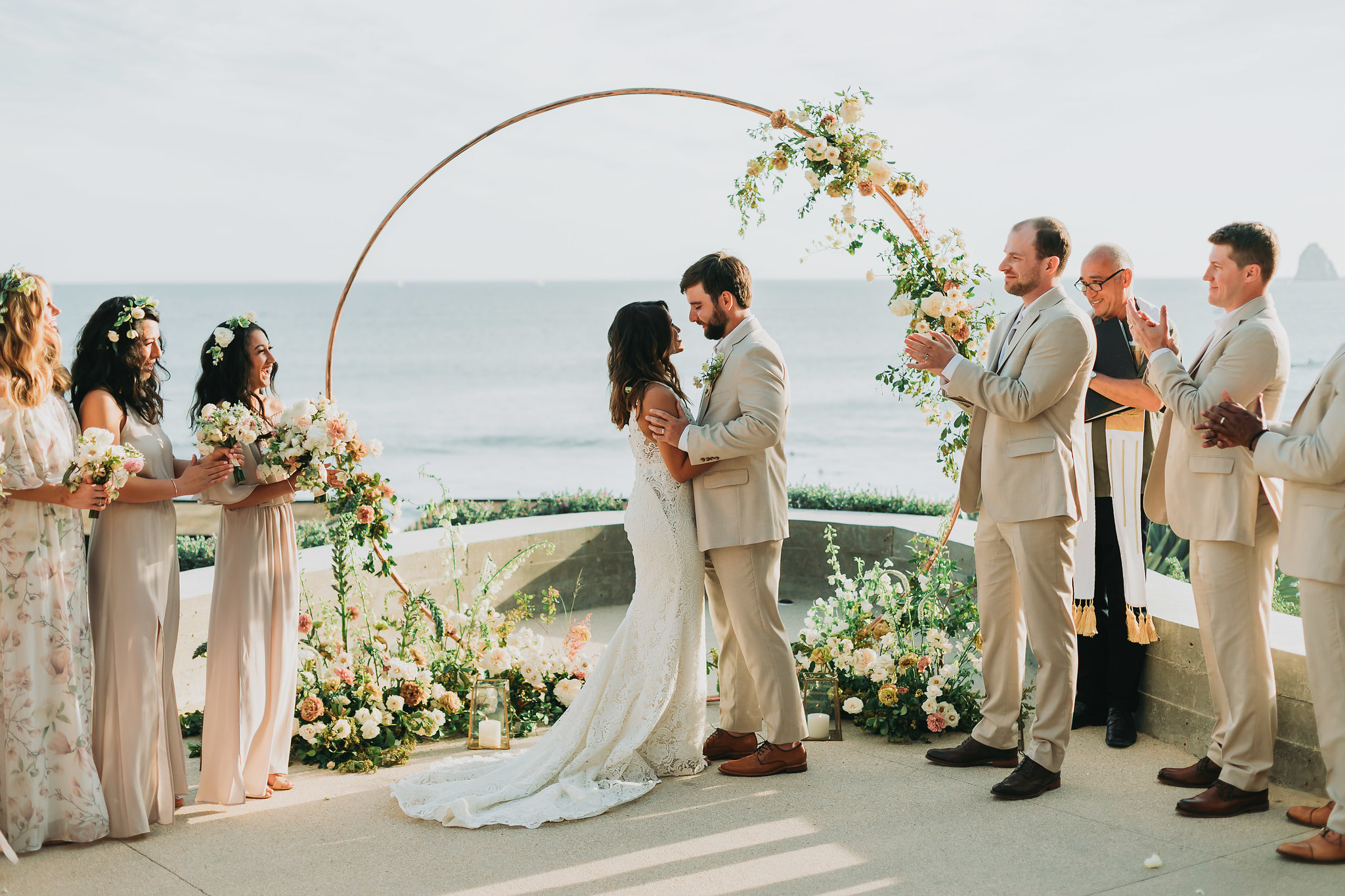Planning a destination wedding can be an exhilarating yet challenging experience. With the allure of exotic locations and the promise of a unique celebration, destination weddings have become increasingly popular. However, the complexities of organizing an event far from home require meticulous planning and attention to detail. This guide aims to provide a comprehensive overview of how to plan a destination wedding, ensuring that your special day is as seamless and memorable as possible.
Choosing the Perfect Destination
The first step in planning a destination wedding is selecting the perfect location. Reflect on your vision and preferences. Do you envision a beach wedding, a mountain retreat, or a historic city backdrop? The destination should align with your personal style and the atmosphere you wish to create.

Research Potential Locations
Once you have a vision, research potential locations. Consider factors such as climate, accessibility, and local attractions. Popular destination wedding locations include tropical islands, European cities, and scenic countryside venues.
Evaluate Legal Requirements
Each country has its own legal requirements for marriage. Ensure that you understand the legalities involved, including necessary documentation and residency requirements. Consulting with a legal expert or a wedding planner familiar with the destination can be invaluable.
Budgeting for Your Destination Wedding
Setting a budget is crucial for any wedding, but it is especially important for a destination wedding. Consider all expenses, including travel, accommodation, venue, catering, and entertainment. Allocate funds for unexpected costs to avoid financial stress.
Compare Costs
Research the cost of services in your chosen destination. Prices can vary significantly between locations. Comparing costs will help you make informed decisions and allocate your budget effectively.
Seek Professional Advice
Consulting with a destination wedding planner can provide insights into cost-saving strategies and help you navigate the complexities of budgeting for an overseas event.Destination wedding venues range from luxurious resorts to intimate boutique hotels and historic landmarks. Choose a venue that aligns with your vision and can accommodate your guest list.
Site Visits
If possible, visit potential venues in person. This allows you to assess the location, meet with vendors, and visualize the setup. If a site visit is not feasible, request virtual tours and detailed photographs. Many venues offer wedding packages that include various services such as catering, decor, and coordination. Evaluate these packages to determine if they meet your needs and offer good value.
Coordinating Travel and Accommodation
Coordinate travel arrangements for yourself and your guests. Provide information on flights, transportation options, and travel itineraries. Consider arranging group travel to simplify logistics Research accommodation options for your guests. Negotiate group rates with hotels and provide a range of choices to suit different budgets. Ensure that accommodation is conveniently located near the wedding venue. Create welcome kits for your guests, including essential information about the destination, wedding itinerary, and local attractions. Personal touches such as maps, local snacks, and travel essentials can enhance the guest experience.
Hiring Local Vendors
Hiring local vendors can simplify logistics and reduce costs. Research reputable vendors in the destination, including photographers, florists, caterers, and musicians. Seek recommendations from your venue or wedding planner. Effective communication is key when working with vendors remotely. Use video calls, emails, and messaging apps to stay in touch. Clearly outline your expectations and preferences to ensure that your vision is executed flawlessly.

Contracts and Payments
Ensure that all agreements with vendors are documented in contracts. Clarify payment schedules and methods. Be aware of currency exchange rates and international transaction fees. Plan the logistics of the wedding ceremony, including the layout, seating arrangements, and decor. Consider the cultural and legal requirements of the destination. Work with your officiant to create a meaningful ceremony that reflects your values.
Reception Details
Design the reception to align with your vision. Choose a menu that incorporates local cuisine and flavors. Plan entertainment that reflects the destination’s culture, such as traditional music or dance performances. Prepare contingency plans for unexpected events such as adverse weather conditions or travel delays. Having backup options in place will ensure that your wedding proceeds smoothly.
Managing Guest Experience
Maintain open communication with your guests throughout the planning process. Provide regular updates and address any questions or concerns. Create a wedding website to centralize information and streamline communication Plan a detailed itinerary for your guests, including pre-wedding events, the wedding day schedule, and post-wedding activities. Organize group excursions or tours to showcase the destination and create memorable experiences.

Guest Comfort
Consider the comfort and convenience of your guests. Provide information on local customs, dress codes, and travel tips. Offer assistance with travel arrangements and ensure that guests feel welcome and well-cared for.
Conclusion
Planning a destination wedding requires careful consideration, detailed organization, and effective communication. By following this comprehensive guide, you can navigate the complexities of how to plan a destination wedding and create a memorable celebration that reflects your unique love story. With the right preparation and support, your destination wedding will be a cherished experience for you and your guests.










